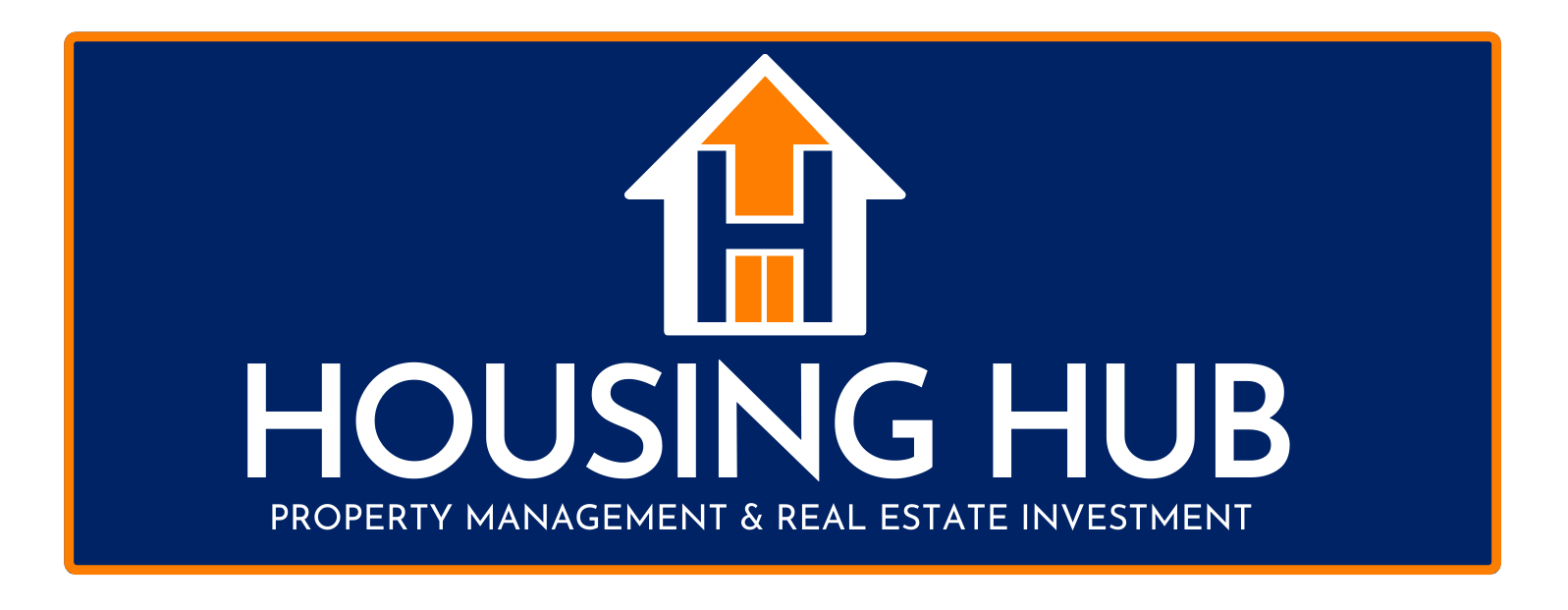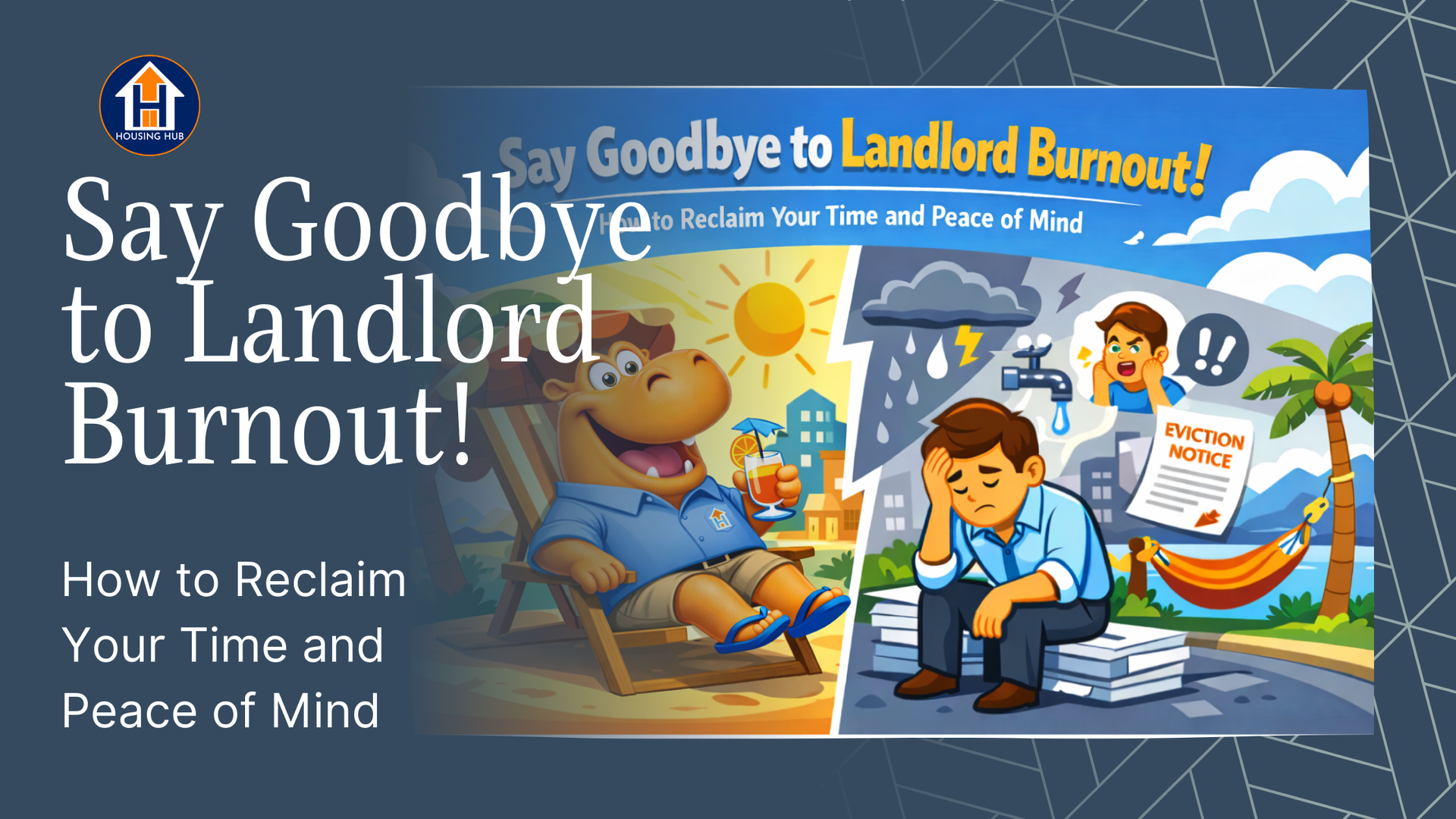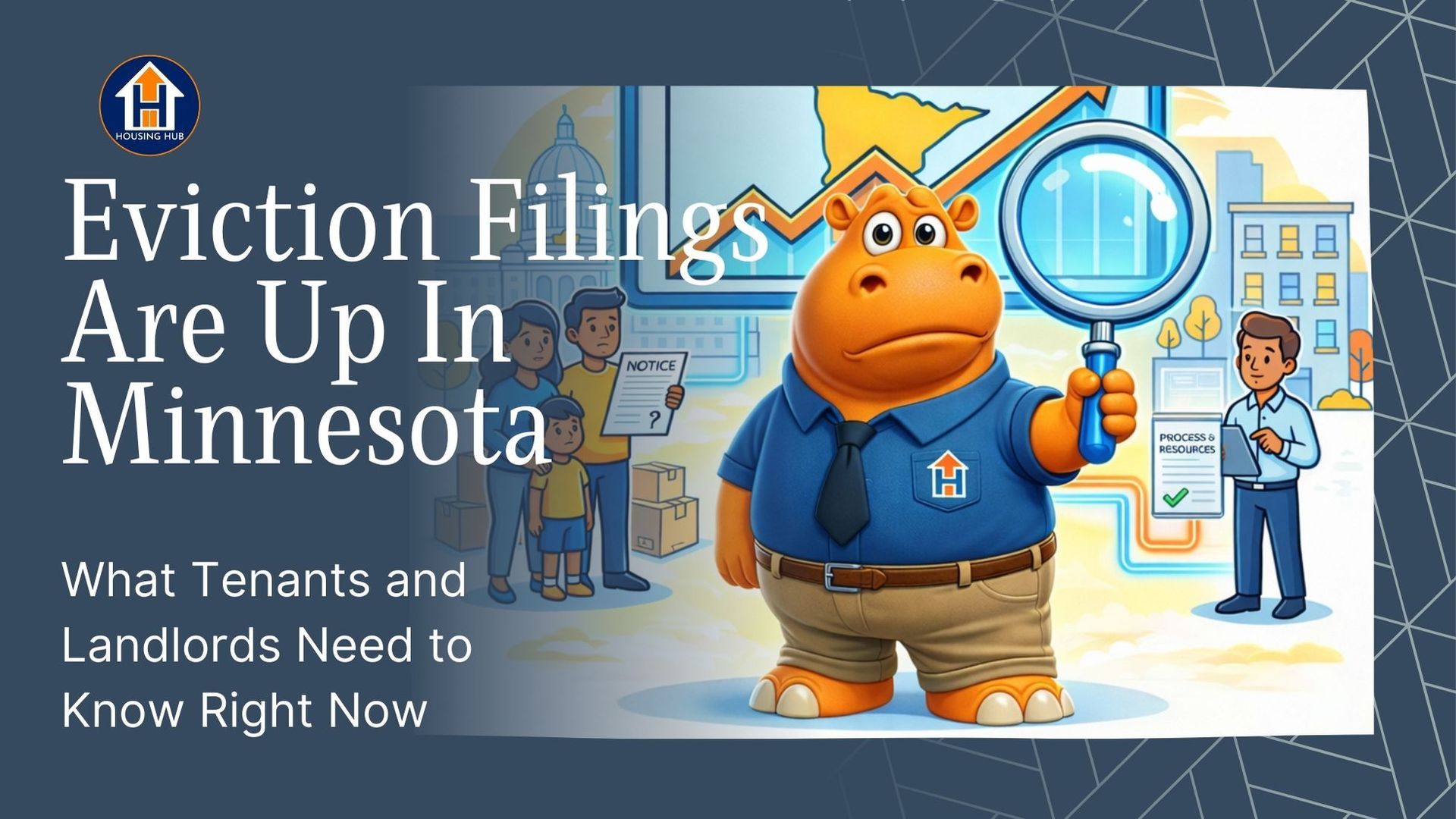Steps to Take When a Tenant Violates Their Lease Agreement
Managing rental properties can be quite a task, especially when it comes to maintaining smooth tenant relations. One of the trickiest situations landlords may encounter is a tenant violating their lease agreement. Lease violations can disrupt not just the business aspect but also the atmosphere of trust and professionalism. Understanding what to do when such issues arise is critical for ensuring the stability and success of your investments.
Lease agreements exist to protect both landlords and tenants by clearly outlining what is expected of each party. However, even with clear agreements, there can be instances where tenants fail to adhere to these terms. This might include issues like unauthorized pets, late rent payments, or property damage. Knowing the steps to take when a violation occurs can help property owners in St. Paul address these problems efficiently and effectively.
Identifying a Lease Violation
The first step in handling a situation where a tenant violates their lease is correctly identifying the infraction. But what exactly counts as a lease violation? It's any action that breaks the rules or conditions laid out in the lease agreement. Here are some common examples:
- Bringing in pets without permission or violating the pet policy.
- Consistently paying rent late or missing payments.
- Making unauthorized alterations to the property or causing damage.
Once a potential violation is identified, documentation is your best friend. Make sure to collect all the necessary evidence of the breach. This could include dated photos, written records, and communication logs that outline the issue. Documentation not only helps in managing the situation but also protects you legally if further action is needed.
Ensuring that you have all the facts straight and the evidence documented will make discussions with the tenant smoother. It shows that you manage your property actively and take lease violations seriously. This approach can often encourage tenants to remedy the violation on their own once they realize it's been formally noted and documented.
Stay professional and calm through this process, as maintaining a good relationship with tenants is important, even during challenging times. Building a reputation as a fair and attentive property owner can help with tenant retention and satisfaction long-term, ultimately benefiting both the property and the rental community.
Communicating with the Tenant
After identifying and documenting a lease violation, the next step is to talk with the tenant. It's crucial to approach this conversation calmly and professionally. Start by reviewing the lease terms with the tenant and clearly explaining how they have breached these terms. It's helpful to use a tone that's firm yet respectful to maintain a good rapport.
Here are a few steps to guide this process:
- Schedule a Private Meeting: Arrange a meeting at a convenient time for both parties. This shows you're willing to listen and work together toward a resolution.
- Present the Evidence: Share the documented evidence with the tenant. This can include things like dated photos or copies of written communications. Clearly showing the breach can make your case more convincing.
- Discuss Possible Resolutions: Talk about how the tenant can fix the issue, whether that's paying overdue rent or removing an unauthorized pet.
It's also very important to provide a written notice about the violation and keep a record of all communications moving forward. This documentation may be needed if the situation doesn't resolve peacefully and further steps are required.
Understand Legal Options and Procedures
If communicating with the tenant doesn't resolve the issue, landlords in St. Paul have several legal options to consider. Understanding the local laws and procedures is essential to navigate this process confidently.
- Review Lease Terms: Ensure that the lease clearly states the consequences of violations. This clarity helps both parties understand their rights and responsibilities.
- Issue Warnings or Fines: Depending on the severity of the violation, issuing a warning or imposing fines might be appropriate. This lets the tenant know you are serious about enforcing the lease terms.
- Consider Eviction: In cases where violations are repeated or severe, eviction might be necessary. This process should be handled carefully, following all local legal procedures to avoid any legal repercussions.
Landlords should understand the legal framework for handling such issues, as acting outside these bounds can lead to complications. You might want legal advice to ensure compliance with state and local laws.
Moving Forward with Effective Management
Preventing lease violations is always better than having to deal with them after they occur. By implementing a few preventive measures, landlords can create a more positive renting experience for everyone involved.
- Screen Tenants Thoroughly: A strong tenant screening process can help identify applicants who are more likely to adhere to lease agreements.
- Clarify the Lease Agreement: Ensure that your lease is clear and covers all necessary terms. A well-drafted lease leaves little room for misunderstandings.
- Regular Inspections: Conducting regular property inspections gives you the opportunity to address potential issues early on.
Taken together, these strategies can help minimize future lease violations and maintain the quality of your rental properties. Future tenant issues are less likely to arise when both landlords and tenants clearly understand their respective roles and obligations.
Managing Tenant Violations
Handling lease violations calmly and effectively helps maintain a professional relationship between landlords and tenants. The key actions to remember include identifying and documenting violations, communicating effectively, understanding legal options, and implementing preventive measures. By following these steps, property owners can protect their investments and foster a harmonious living environment for tenants.
Consistent property management practices are important for maintaining tenant relations and property value. Taking the time to address lease violations thoughtfully shows tenants that you manage your property seriously, improving their experience and supporting a thriving rental community in St. Paul.
For property owners looking to ensure their investments are managed efficiently, consider exploring
property management in St. Paul with Housing Hub. Our experienced team is ready to help you handle lease violations smoothly and keep your properties in top condition. Discover how our services can support your efforts to maintain a thriving rental community.






